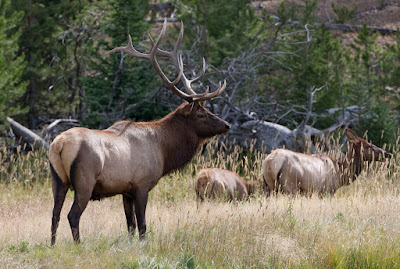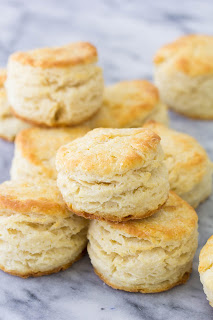The English language has a variety of words whose meanings differ between regions and dialects. Today's blog post is dedicated to the confusing intricacies of this widely-spoken tongue. (Because nonsensical spelling and pronunciation rules just weren't enough.)
Buzzard
This word describes a bird of prey. There are multiple species of buzzards found in different parts of the world, including Europe, Africa, and Australia.
However, in American English, vultures, especially turkey vultures, are sometimes colloquially called buzzards. A bit of a change there, from the majestic raptor to a bald-headed scavenger.
However, in American English, vultures, especially turkey vultures, are sometimes colloquially called buzzards. A bit of a change there, from the majestic raptor to a bald-headed scavenger.
 |
| A common buzzard, found in Europe and parts of Asia and Africa. |
Elk
In North America, elk are a large species of deer. They're sometimes called wapiti, especially the east Asian subspecies.
 |
| Elk or wapiti (Cervus canadensis). |
In Europe, however, elk are a different deer species, which is known in North America as the moose.
 |
| Moose or elk (Alces alces). |
Fries, Chips, Crisps
In North America, fries are potatoes, or occasionally sweet potatoes, that are deep-fried. They can be cut into different shapes and sizes, but the basic concept is the same. They typically have a crisp exterior and mealy interior. In places like the British Isles, however, these delicious pieces of happiness are referred to as chips.
And in North America, chips refer to flat, crunchy things that the British call crisps. Like potato chips, tortilla chips, corn chips... And unlike the fries/chips mentioned in the above paragraph, they're still tasty when they're left over. (Ever try eating leftover fries? It's just not the same, cold or reheated.)
Biscuit
Ah, biscuits. Those delicious, savory things, often eaten as a breakfast food in the United States and parts of Canada, and sometimes with gravy. Wikipedia defines them as a quick bread, meaning it's leavened by a chemical agent (such as baking soda or baking powder) rather than by yeast.
 |
| The American and Canadian definition of a biscuit. Not to be confused with how the rest of the planet defines biscuits. |
Meanwhile, in other parts of the world, a biscuit is not a soft, flaky bread, but refers to things like cookies (well, what Americans would call cookies, anyway) or some varieties of crackers. The water cracker or water biscuit, for example.
Quite
In American English, 'quite' means 'very' or 'completely'. To my confusion, British English sometimes uses 'quite' to mean 'somewhat'. I'm not quite sure how to interpret this, and I don't know if I can quite trust what a Brit says ever again. It's quite unnerving, really.
Ground Floor, First Floor
In the weird realm in which I live (also known as the United States), the ground floor and the first floor are the same thing. The next floor up, obviously, is the second floor.
While some parts of the world follow this theme, others are currently saying, "No, that's wrong. You've got it all wrong. There's the ground floor, and above it is the first floor."
 |
| Hmm, seems to be the same way in Neopia, too. |
So there you have it. The whole reason for the phrase "divided by a common language". I imagine you're quite chuffed by some of the bewildering definitions of words.
Be sure to check this blog next Wednesday, when I publish the next blog post I finished at two in the morning.


No comments:
Post a Comment